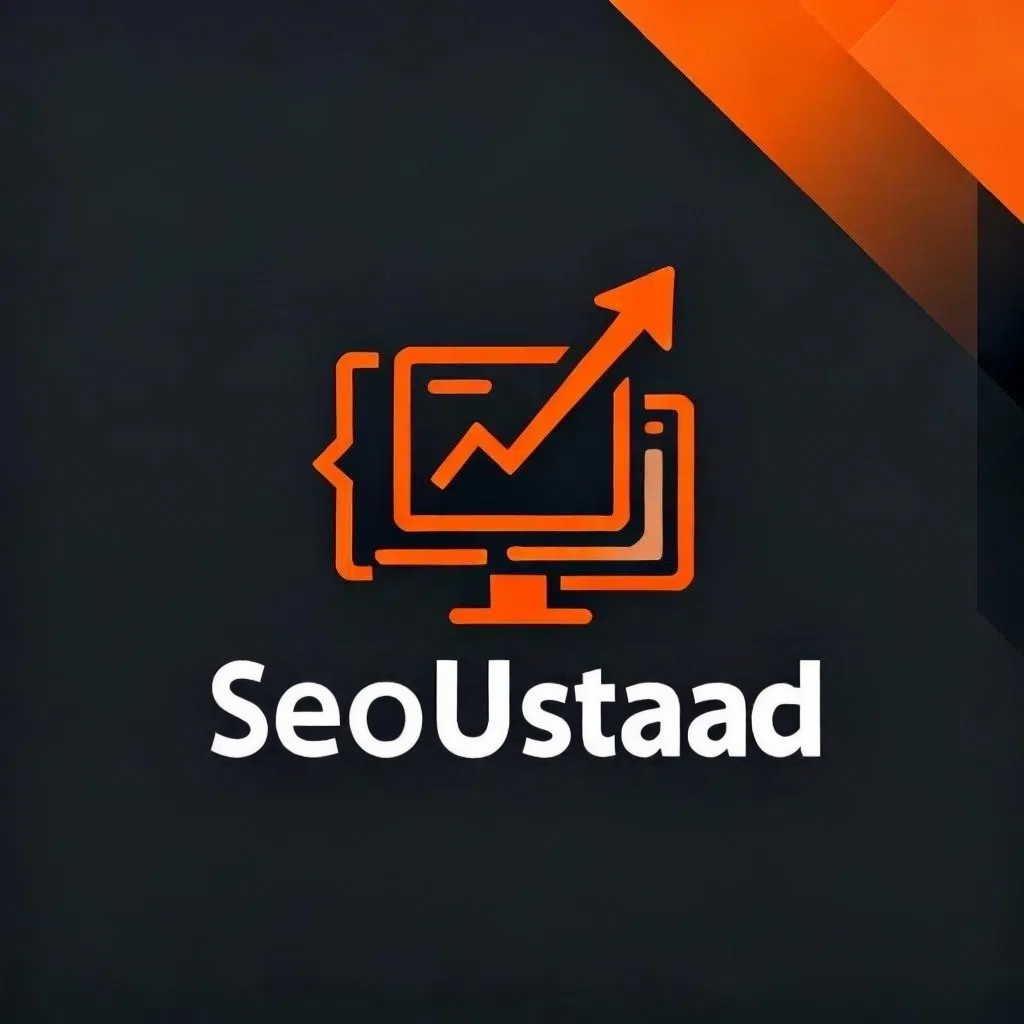Pakistan's entrepreneurial landscape is a dynamic and challenging arena, brimming with untapped potential and resilient innovators. In cities like Karachi, Lahore, and Islamabad, a new generation of founders is building solutions for local problems with a global vision. To understand this journey, we sat down for an interview with a successful Pakistani entrepreneur who has navigated this complex environment to build a multi-million dollar company. This is the story of Ahmed Khan, the founder of "KarobarPay," a FinTech platform revolutionizing how small and medium-sized enterprises (SMEs) manage their finances in Pakistan.
"Entrepreneurship in Pakistan is like planting a rose in a desert. It requires immense belief, relentless watering, and the strength to withstand the harshest storms. But when it blooms, it's a testament to true resilience." - Ahmed Khan
Introduction: Who is Ahmed Khan?
Ahmed Khan is not your typical Silicon Valley founder. He didn't start his company in a garage in Palo Alto, but in a small, rented office space in the bustling heart of Lahore. His company, KarobarPay, is a testament to the power of local innovation. Launched five years ago, KarobarPay provides a suite of digital tools—from payment processing and invoicing to micro-lending and inventory management—specifically designed for the millions of small shop owners, artisans, and service providers that form the backbone of Pakistan's economy. This interview with a successful Pakistani entrepreneur peels back the layers of his incredible journey.
The Spark: Identifying a Critical Gap in the Market
Before KarobarPay, Ahmed worked in corporate banking. He saw firsthand how traditional financial institutions catered to large corporations while consistently overlooking the SME sector. These small businesses, which contribute nearly 40% to Pakistan's GDP [Source Needed], were largely unbanked and operated in a cash-heavy, inefficient ecosystem. This observation became his obsession. He realized that empowering these businesses with accessible digital tools could unlock immense economic growth. This wasn't just a business idea; it was a mission to foster financial inclusion.
The Core Interview with a Successful Pakistani Entrepreneur
Humble Beginnings and Early Challenges
Q: Ahmed, thank you for joining us. Let's start at the beginning. What was the single biggest challenge you faced when you first launched KarobarPay?
A: "Thank you for having me. The biggest challenge, without a doubt, was trust. For generations, small business owners in Pakistan have operated on cash and relationships. Handing over their financial data to a new, unproven app was a huge leap of faith. We weren't just selling software; we were selling a fundamental shift in mindset. Our first 100 customers were the hardest to win. We had to go door-to-door, sit with them, drink chai, and manually walk them through every single feature. The infrastructure was another battle; dealing with inconsistent internet and power outages meant our solution had to be incredibly robust and have offline capabilities."
The Funding Hurdle: Securing Capital Against the Odds
Q: Access to finance is a major issue for startups here. How did you navigate the funding landscape?
A: "It was brutal. Banks wouldn't touch us, and the local venture capital scene was still nascent. We were rejected by over 30 investors. They saw the risks: regulatory uncertainty, market adoption, and a first-time founder. We bootstrapped for the first 18 months with personal savings and small loans from family. Our breakthrough came from an angel investor who had a small business background himself. He didn't just see the risks; he understood the problem we were solving on a personal level. That initial seed round was small, but it was the validation we needed to build momentum. This part of our journey underscores a key lesson for any interview with a successful Pakistani entrepreneur: you need unwavering belief in your vision when no one else does."
Building a Winning Team in a Competitive Market
Q: How did you attract and retain top talent when competing with large multinational companies?
A: "We couldn't compete on salary, so we competed on purpose. We sold the mission. We offered ownership through stock options, but more importantly, we offered the chance to build something from the ground up that would have a tangible impact on our country. We looked for people with grit, resilience, and a problem-solver's mindset. Our early team members were not just employees; they were partners in the truest sense. We fostered a culture of transparency and meritocracy, which was a refreshing change from the traditional corporate hierarchy many were used to."
Navigating Bureaucracy and Red Tape
Q: The regulatory environment can be challenging. What was your experience?
A: "Challenging is an understatement. In FinTech, you're dealing with multiple regulatory bodies, from the SECP to the State Bank. The rules are often ambiguous and not designed for digital-first businesses [Source Needed]. We adopted a policy of proactive compliance. We hired legal experts early on and engaged with regulators constructively. Instead of seeing them as an obstacle, we treated them as stakeholders in our journey. We showed them how our platform could help formalize the economy and increase transparency. It was a slow, painstaking process, but building those relationships was critical for our long-term survival and success."
Scaling Up: From a Local Startup to a National Player
Q: What was the key to scaling KarobarPay from a few hundred users to over 200,000 active businesses today?
A: "The key was a relentless focus on the user. We didn't add features based on what competitors were doing; we added them based on what our 'kirana' store owners were telling us they needed. Our product development was, and still is, a continuous feedback loop. The second key was building a scalable, word-of-mouth engine. When one shop owner in a market started seeing real benefits—saving time, reducing theft, getting access to credit—they became our best salesperson. We amplified this with a hyper-local marketing strategy, focusing on specific markets and communities. This organic growth was far more powerful and cost-effective than any large-scale advertising campaign."
The Technology That Powers KarobarPay
Q: For the tech-savvy readers, can you shed some light on the technology behind KarobarPay?
A: "Certainly. We built our platform on a microservices architecture from day one, which allowed us to be agile and scale different parts of the system independently. Our mobile app is a hybrid application to ensure we can push updates quickly across both Android and iOS, with a strong focus on performance on low-end smartphones. For the backend, we rely heavily on open-source technologies. Security is paramount, so we've invested heavily in end-to-end encryption and work with third-party auditors to ensure we meet global security standards. The goal was to build a world-class tech stack that could handle the unique infrastructure challenges of our market."
Key Lessons from the Interview
This interview with a successful Pakistani entrepreneur offers a goldmine of insights for anyone looking to start a business in an emerging market. Here are the key takeaways:
- Solve a Real, Local Problem: The most successful startups address a deep, unmet need within their community. Don't chase trends; solve problems you understand intimately.
- Build for Your User, Not for Investors: While funding is important, a product that users love and need will eventually attract investment.
- Perseverance is Your Greatest Asset: The journey will be fraught with rejection and setbacks. Resilience is non-negotiable.
- Mission Over Money: A powerful mission will attract the right talent and partners who are invested in your long-term vision.
- Think Global, Act Local: Build your product to solve a local issue but with global standards of quality, security, and scalability.
The Future of Entrepreneurship in Pakistan
When asked about the future, Ahmed is incredibly optimistic. "The challenges remain, but the ecosystem is maturing," he states. "There's more capital available, more experienced mentors, and a government that is slowly recognizing the importance of startups [Source Needed]. The sheer size of the market and its youthful, tech-savvy demographic means the potential for growth is astronomical. The next decade will see Pakistani startups solving some of the country's biggest problems in healthcare, education, agriculture, and finance. It’s an exciting time to be an entrepreneur in Pakistan."
Conclusion: A Blueprint for Aspiring Founders
The story of Ahmed Khan and KarobarPay is more than just a business success story; it's a blueprint. It demonstrates that with the right mix of local insight, technological innovation, and sheer grit, it is possible to build a world-class company in Pakistan. This interview with a successful Pakistani entrepreneur reveals that the path is not easy, but for those willing to take it, the rewards—both financial and social—are immense. Ahmed's journey is a powerful reminder that the most impactful innovations often come from those closest to the problem.
Frequently Asked Questions (FAQ)
What are the biggest challenges for a Pakistani entrepreneur today?
The primary challenges include securing early-stage funding, navigating complex bureaucratic and tax systems, dealing with infrastructure deficits like power shortages, and finding specialized talent. Overcoming these requires resilience, strategic planning, and networking.
Which industries are most promising for startups in Pakistan?
The most promising industries are FinTech, E-commerce (especially B2B and social commerce), HealthTech, EdTech, and AgriTech. These sectors address core needs in the Pakistani market and have significant potential for digital transformation and growth.
What is the key takeaway from an interview with a successful Pakistani entrepreneur?
The key takeaway is that success is achievable despite significant obstacles. A combination of a hyper-local solution to a real-world problem, immense perseverance, a strong team, and the strategic use of technology are common threads in the stories of successful Pakistani entrepreneurs.
How important is a global mindset for a Pakistani entrepreneur?
A global mindset is crucial for scaling. While the initial solution should be tailored to the local market, designing systems and processes with international standards in mind from day one can facilitate future expansion and attract foreign investment.
What role do incubators and accelerators play in Pakistan's startup ecosystem?
Incubators and accelerators like Plan9 and the National Incubation Centers (NICs) are vital. They provide mentorship, networking opportunities, initial funding, and a structured environment that helps early-stage startups navigate initial challenges and validate their business models.


 PKR
PKR TRY
TRY